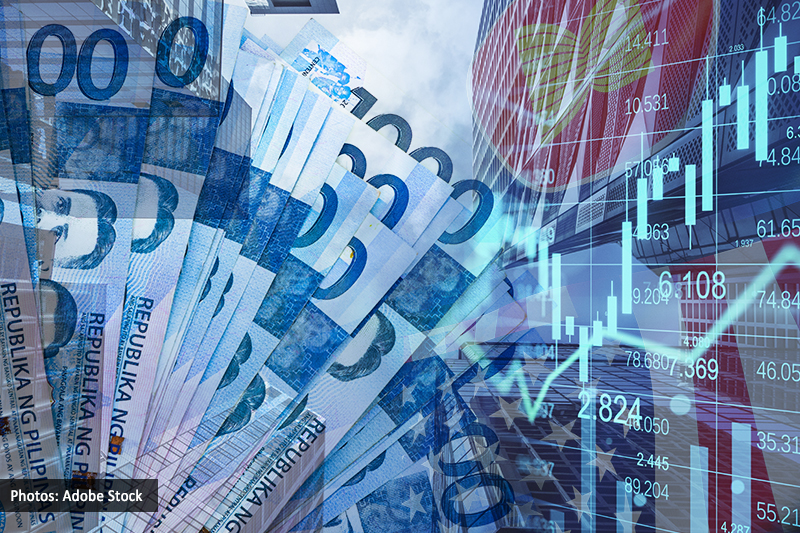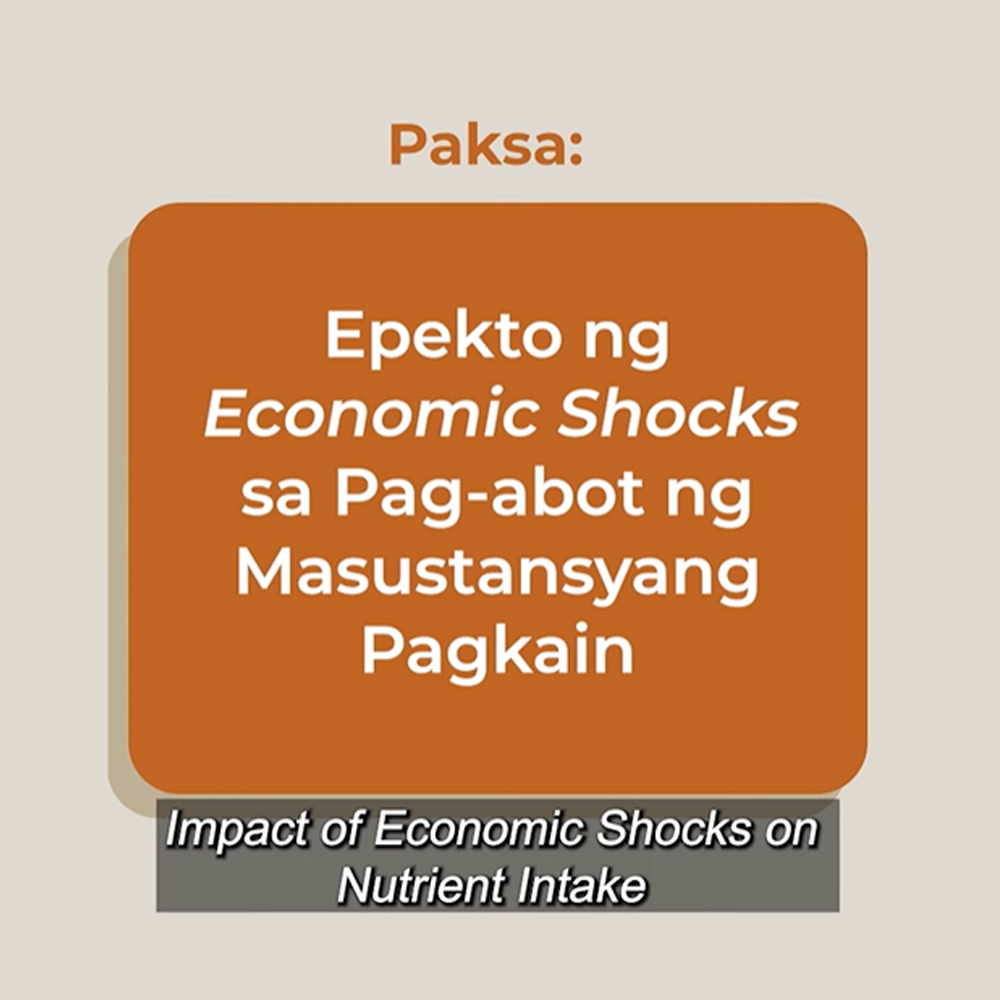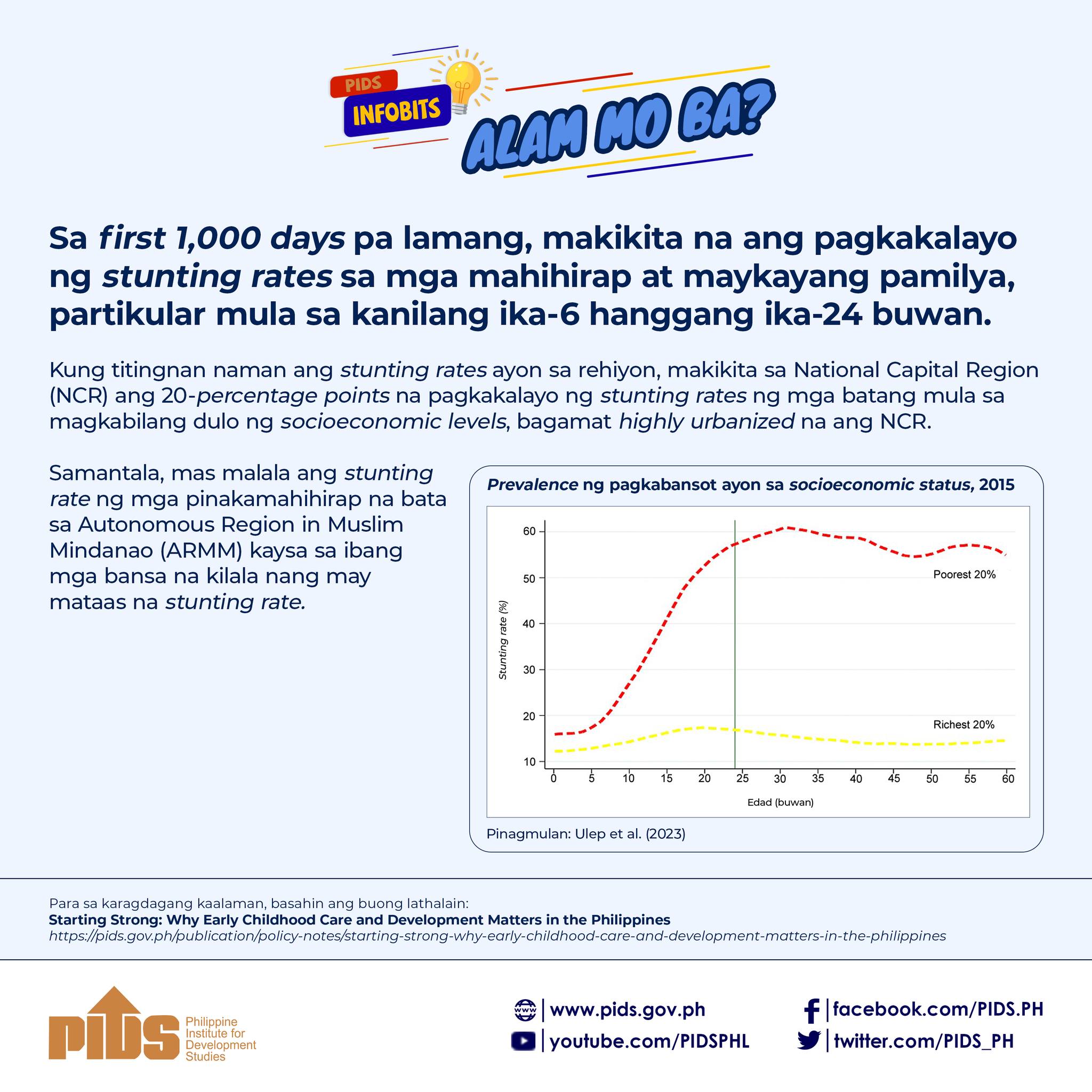Inflation rate in January accelerated to 4 percent, the fastest in three years, raising expectations among analysts that the Bangko Sentral ng Pilipinas (BSP) would soon hike key policy rates.
The January inflation reported by the Philippine Statistics Authority (PSA) on Tuesday touched the upper end of the government’s target range of 2 percent to 4 percent for 2018 and BSP’s forecast of 3.5 percent to 4 percent. This is the fastest growth of consumer prices since October 2014, when it hit 4.3 percent.
The rise in consumer prices in January, from the 3.3-percent inflation rate recorded last December, was not unexpected, BSP Governor Nestor A. Espenilla Jr. said.
“The higher January reading was expected by the BSP although it is at the top end of our forecast for the month. Due mainly to the combined first-round effects of TRAIN [Tax Reform for Acceleration and Inclusion], oil prices and food to some extent,” Espenilla said.
“We think these are temporary drivers of inflation and would eventually stabilize,” he added.
Espenilla, however, seemed to have shifted to a stance that seems to favor a rate hike, saying the “BSP will be closely monitoring the situation” and will “stand ready to take timely action based on our evaluation of all relevant data.” The BSP is set to meet for its first monetary-policy meeting on February 8.
ING Bank Manila economist Joey Cuyegkeng said the likelihood of a tightening move at Thursday’s meeting has “increased significantly.” “We are now looking at advancing the timing of our rate hikes and are reviewing our two-rate hike forecast for 2018,” Cuyegkeng said.
Singapore-based DBS Bank economist Gundy Cahyadi also said earlier the BSP may hike its policy rate this week to curb inflationary pressures.
“Second-round effects are still to be determined by regulators. Second-round effects are likely to push inflation higher within the year, which could push inflation to breach the upper end of the forecast range for some months of 2018,” Cuyegkeng said.
“We think that the BSP would need to anchor inflation expectations. Aside from second-round effects from the initial increases in excise taxes, further increases in excise taxes in 2019 would keep inflation elevated,” he added.
The BSP’s current monetary setting is at 3 percent for its main policy rate.
Mitigation measures
The government must hasten the delivery of its unconditional cash transfer (UCT) program so poor Filipinos will be able to cope with the inflationary impact of the tax-reform law, according to the National Economic and Development Authority (Neda).
The Neda also urged lawmakers to prioritize the tarrification of rice imports to make the country’s rice supply stable and competitive. This after food and nonalcoholic beverages, which accounted for 39 percent of the consumer basket, accelerated by 4.5 percent in January, from 3.5 percent last December.
The index for alcoholic beverages and tobacco surged to a double-digit annual markup at 12.3 percent, from last year’s 6.4 percent.
“The push in inflation is partly due to TRAIN, considering particularly the excise on fuel and additional sin taxes,” Socioeconomic Planning Secretary Ernesto M. Pernia said.
Pernia noted, however, that the effects of the TRAIN will be “minimal and temporary.”
Roehlano M. Briones, senior research fellow at the Philippine Institute for Development Studies, agreed with Pernia.
He added this will not carry on as a trend this year, as the TRAIN’s effect will soon be stabilized. “I might be wrong, but I don’t expect this trend to continue.
I think it is a temporary blitz driven precisely by expectations of higher prices brought about by TRAIN,” Briones told the BusinessMirror.
Eventually, consumers will already factor in the additional taxes slapped by TRAIN. After that, everything will be stable again, “and the normal trend kicks in,” Briones said.
Pernia called for the streamlining of the distribution of assistance under the UCT program. “With the initial inflationary effects of TRAIN, we must ensure faster provision of financial assistance through the unconditional cash transfer program.”
The UCT program is the government’s mitigating measure to help poor Filipinos cope with the impact of the implementation of the TRAIN law. Under this, the poorest 10 million households will receive P200 monthly this year and P300 monthly in 2019 and 2020.
Pernia also called on lawmakers to tarrify rice imports to stabilize the country’s rice supply and lower the price of rice. “When the quantitative restrictions are replaced by tariffs, the government will also be better able to help enhance the country’s competitiveness and productivity in agriculture.”
“Revenues from tariff on imported rice will be used to finance government programs for agriculture,” Pernia added.











